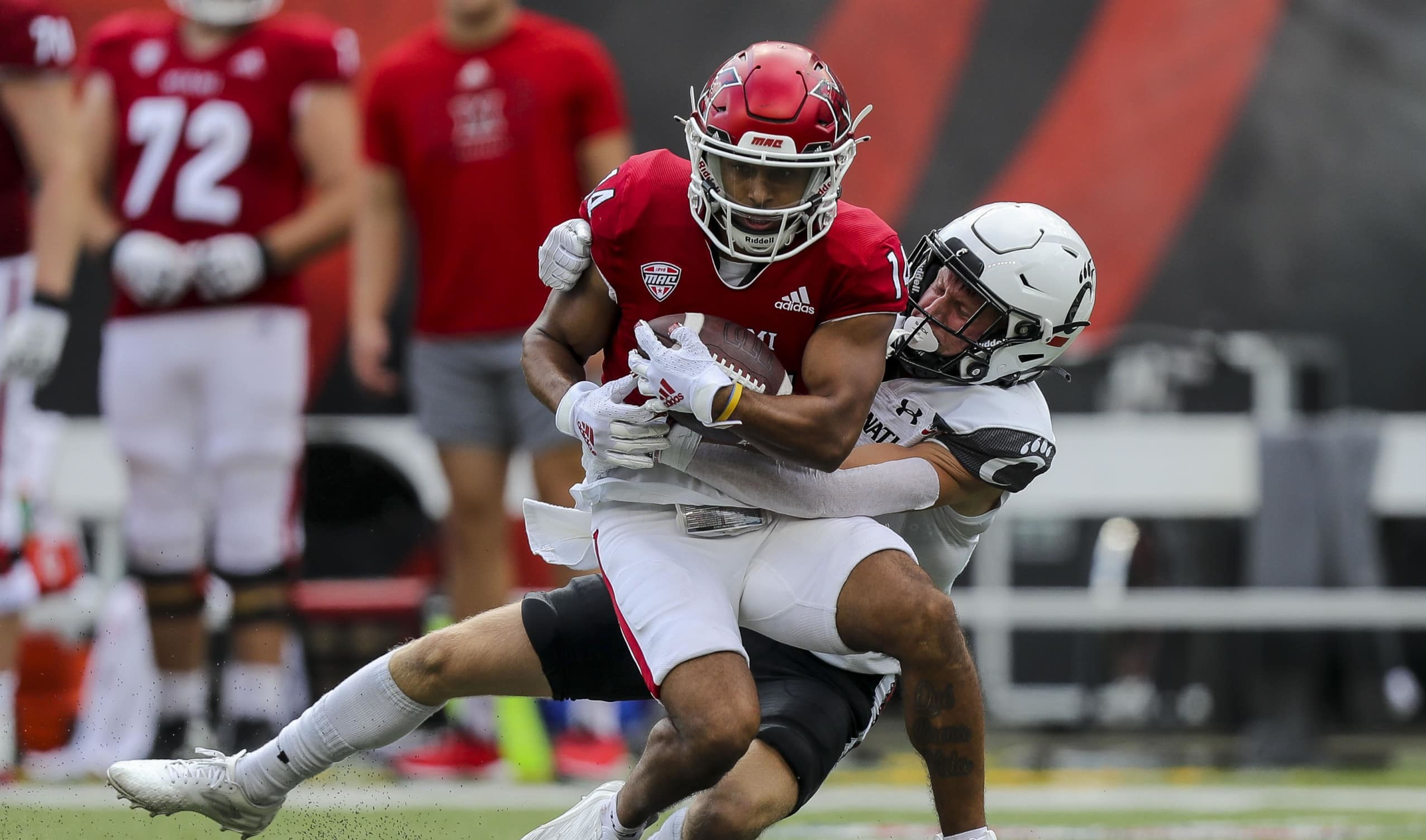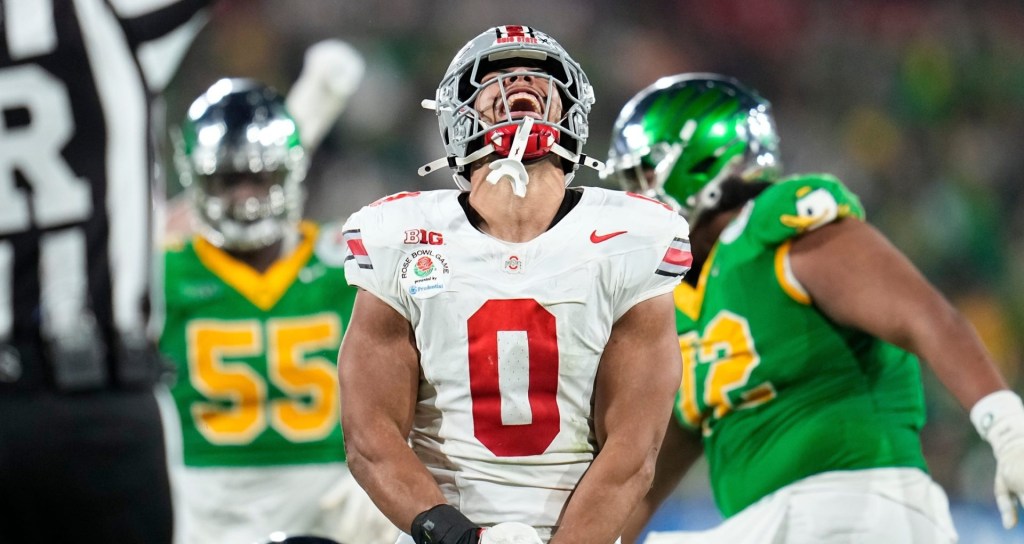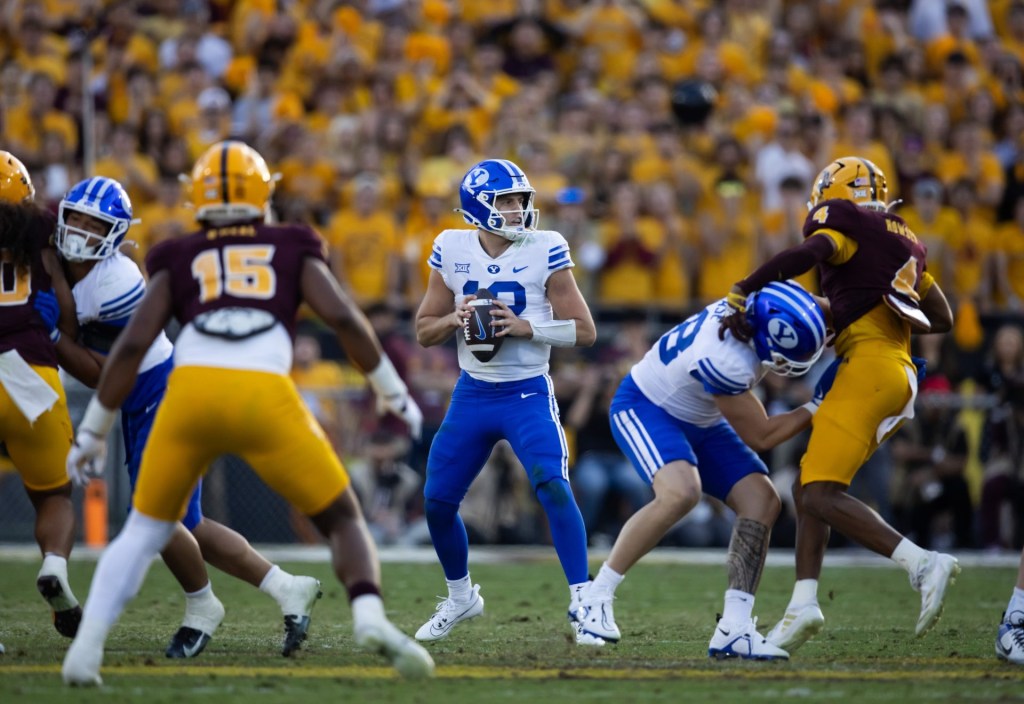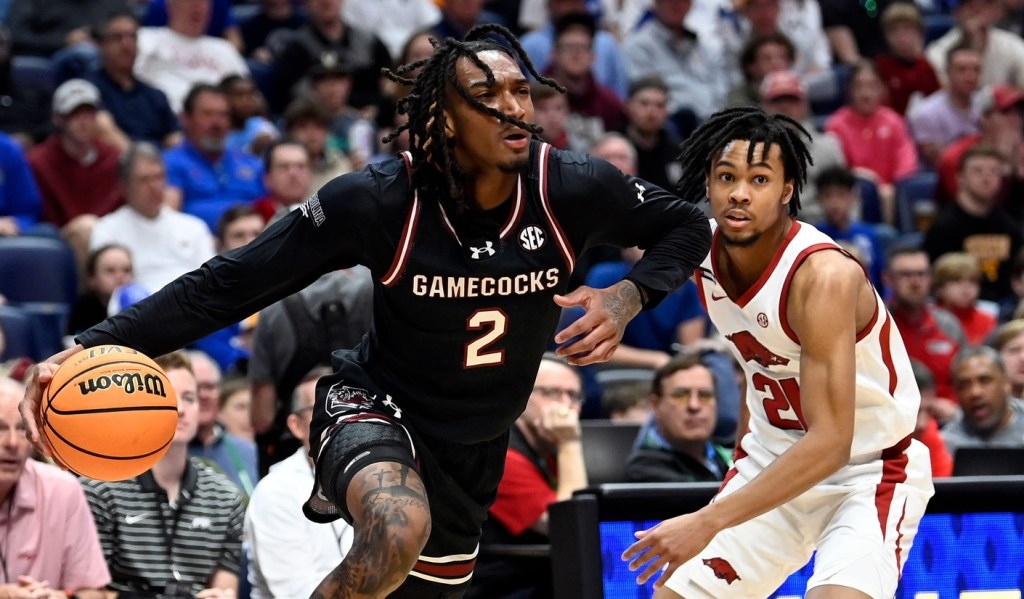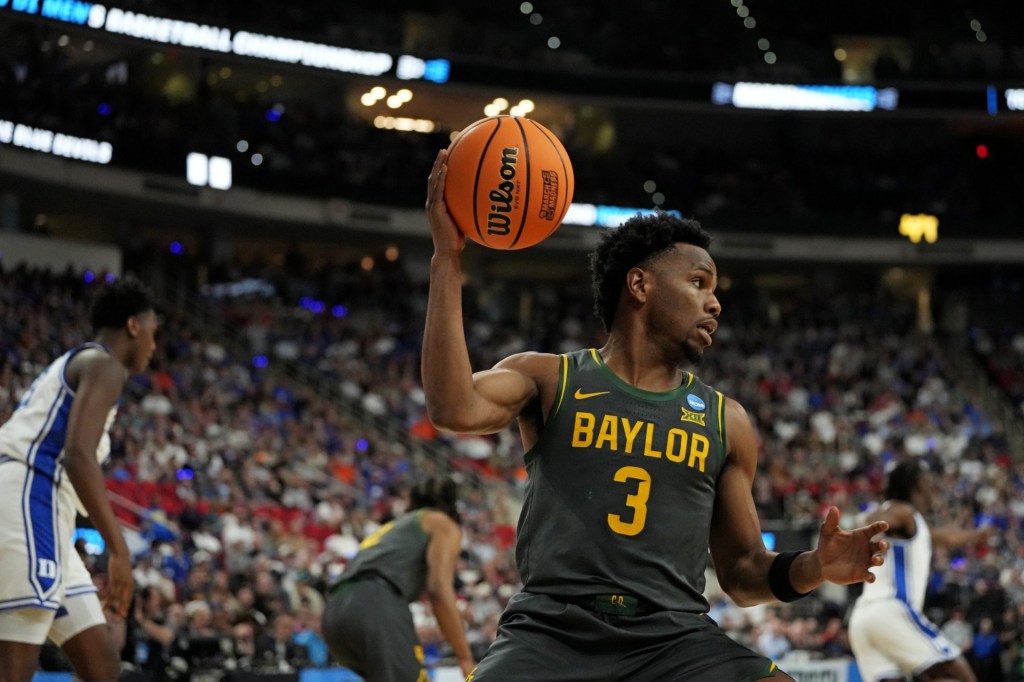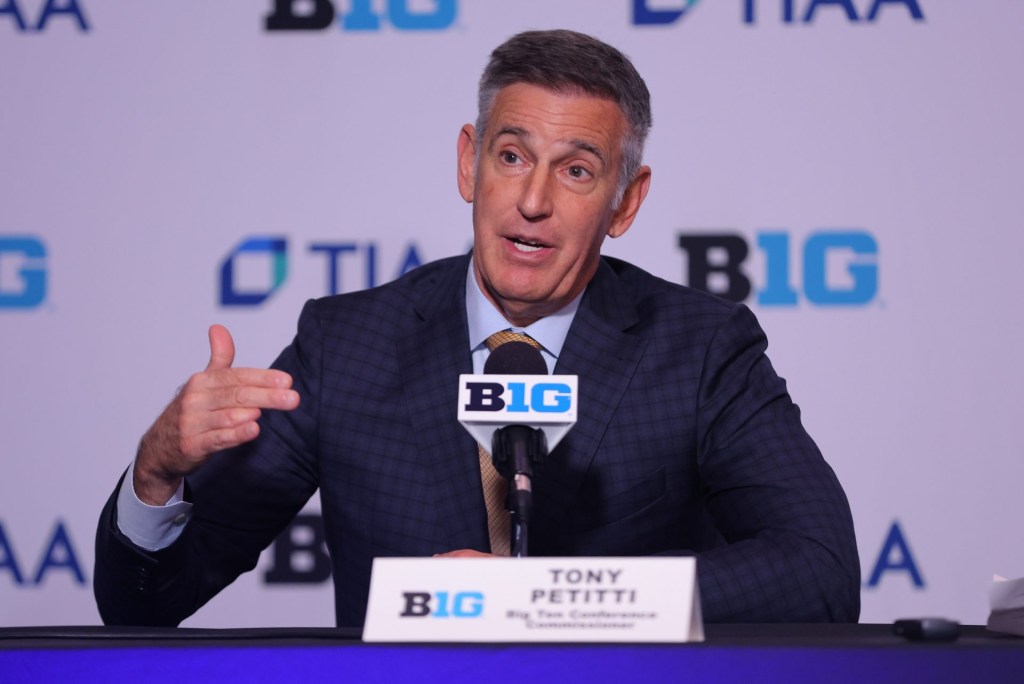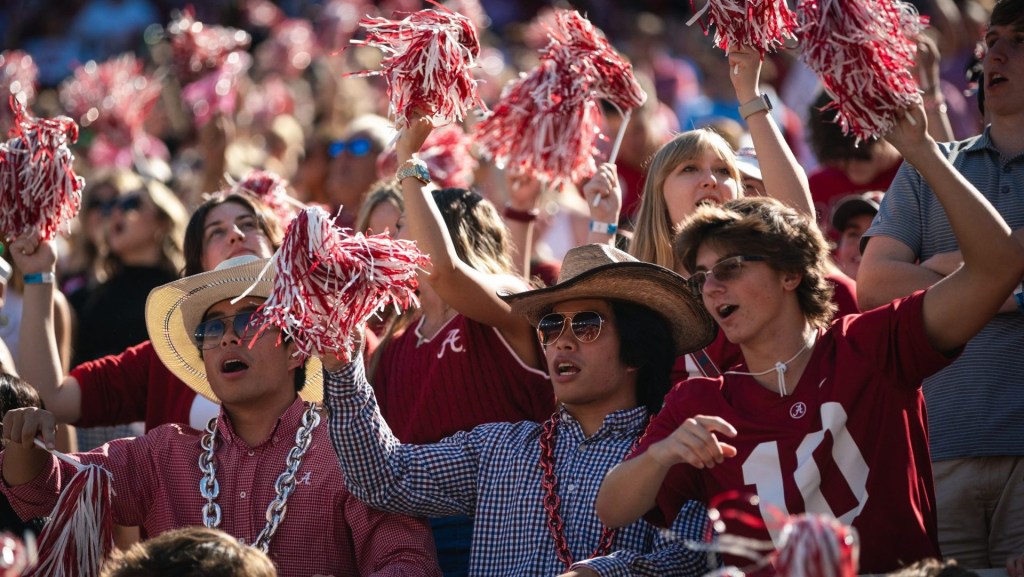For years, the inaugural weeks of the college football season have featured a curious type of matchup: non-conference “pay” games, where Power 5 programs pay a less wealthy opponent — often a Group of 5 or FCS school — to travel, and presumably lose, to their teams.
In general, both parties consider pay games a win-win. Power 5 schools get a chance for an “easy” victory, while Group of 5 schools earn income. But one FBS football coach is questioning whether there can be too much of a good thing.
Miami University head coach Chuck Martin told Front Office Sports he believes athletic departments have over-scheduled these games in recent years. “I wish, a lot of times, there was a little more balance,” he said.
Martin acknowledged the games earn important revenue for athletic departments. “We know our league — you gotta make the money,” he said.
- In 2019, FBS football teams paid out $191 million in total competition guarantees, a majority of which was from football games, according to Knight Commission-Newhouse data.
- A team can frequently earn high six or even seven figures per game. Miami’s game against Northwestern reportedly brought in $950,000, and its game against Kentucky reportedly fetched $1.4 million.
- Group of 5 schools use money games to supplement income instead of raising student athletic fees — which can be highly controversial, University of Pennsylvania sports finance expert Karen Weaver told Front Office Sports.
Martin said coaches and players also relish the experience and fanfare of a Power 5 matchup — calling them “memories of a lifetime.” (Of course, there’s always a chance for an upset — Miami scored one against Northwestern.)
“It doesn’t always go your way when you play these teams, but we all love them,” Martin said. “I wouldn’t trade any one of those three experiences” this year.
But the games take a big toll.
Anecdotally, Martin said he’s more concerned about players getting hurt during these matchups than during conference games — since Power 5 opponents don’t always match up. “You always have more attrition in those games, because the collisions are more violent,” he said.
Most of the games are on the road, and traveling multiple weeks in a row can be exhausting.
And then there’s the issue of morale — it’s never easy for a team to start with a multiple-loss record.
There are potential solutions. Martin suggested scheduling fewer games and spreading out travel. “Two of these is wonderful,” he said. “Three? Eh, a little too much.” Weaver noted schools could stagger pay games across seasons — play three games one year and only one the next, for example.
But in the near future, there may be more factors at stake to incentivize the number of games teams agree to play.
Weaver noted that the pending College Football Playoff expansion to 12 teams gives Group of 5 schools a better opportunity to make the postseason — so they may want even more in order to improve their strength of schedule. But conversely, would Power 5 schools want fewer?
Realignment — with bigger Power 5 conferences — may change the number of non-conference slots in coming years. If Power 5 programs have to play more conference games each season, they simply may not have room for the Group of 5.
